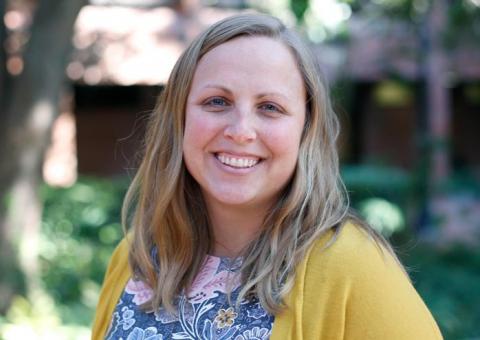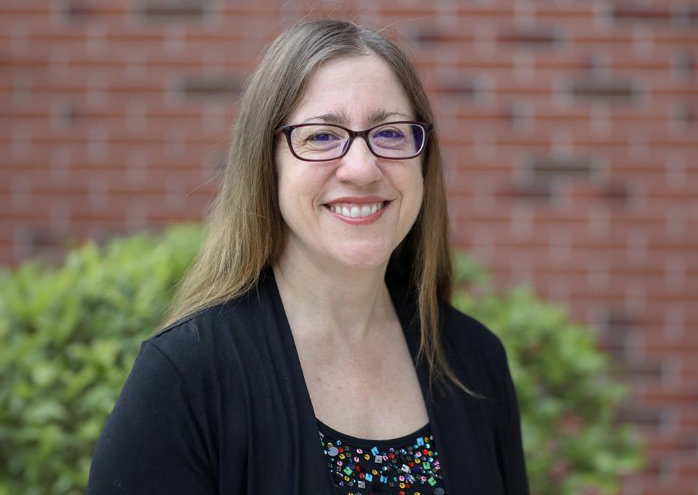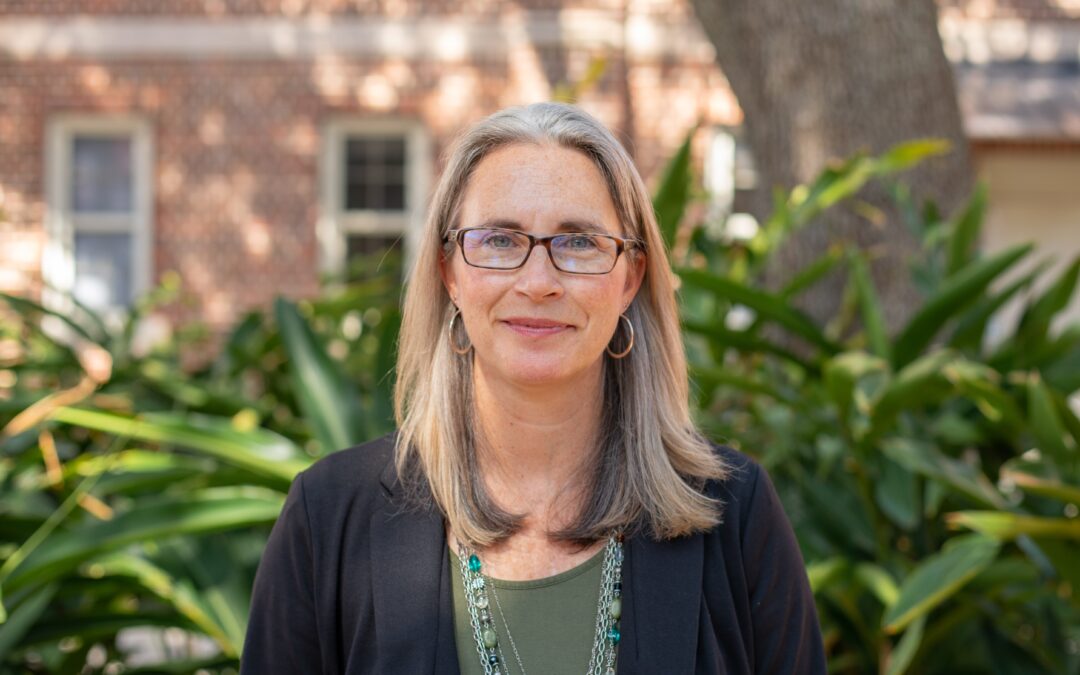
by evekung | Nov 16, 2022 | Research Bulletin, Research Spotlights
Q & A with Nigel Newbutt, Assistant Professor in the School of Teaching and Learning

by evekung | Nov 16, 2022 | Research Bulletin, Research Spotlights
Q & A with Kathrin Maki, Ph.D., Assistant Professor in the School of Special Education, School Psychology, and Early Childhood Studies What basic questions does your research seek to answer? My work focuses on the identification of learning needs and development...

by evekung | Nov 15, 2022 | Research Bulletin, Research Spotlights
Q & A with Nigel Newbutt, Assistant Professor in the School of Teaching and Learning

by evekung | Nov 8, 2022 | Research Bulletin, Research Spotlights
Q & A with Nigel Newbutt, Assistant Professor in the School of Teaching and Learning
by evekung | Nov 4, 2022 | Research Bulletin
Congratulations to Mary Bratsch-Hines for her award from Take Stock in Children; Ashley Pennypacker-Hill for her award from the Florida Department of Education ; Paige Pullen and Philip Poekert for their subcontract U.S. Department of Education flow through award from...
by evekung | Nov 4, 2022 | Research Bulletin
Best wishes to Pavlo “Pasha” Antonenko for his subcontract NSF flow through proposal to the University of Kansas; Anthony Botelho, Nigel Newbutt, and Catherine Cavanaugh for their proposal to the National Science Foundation; Anthony Botelho and Catherine...




